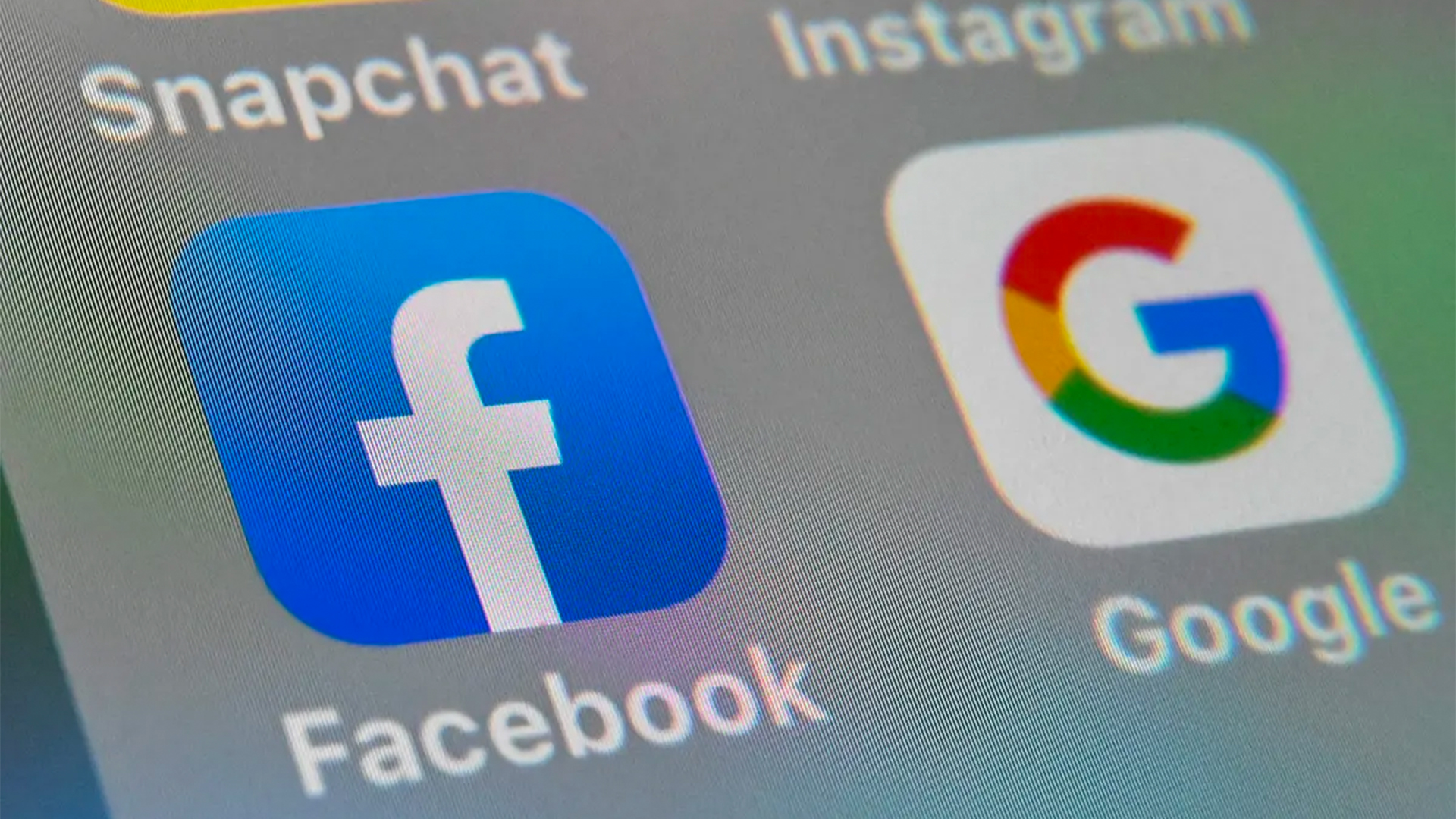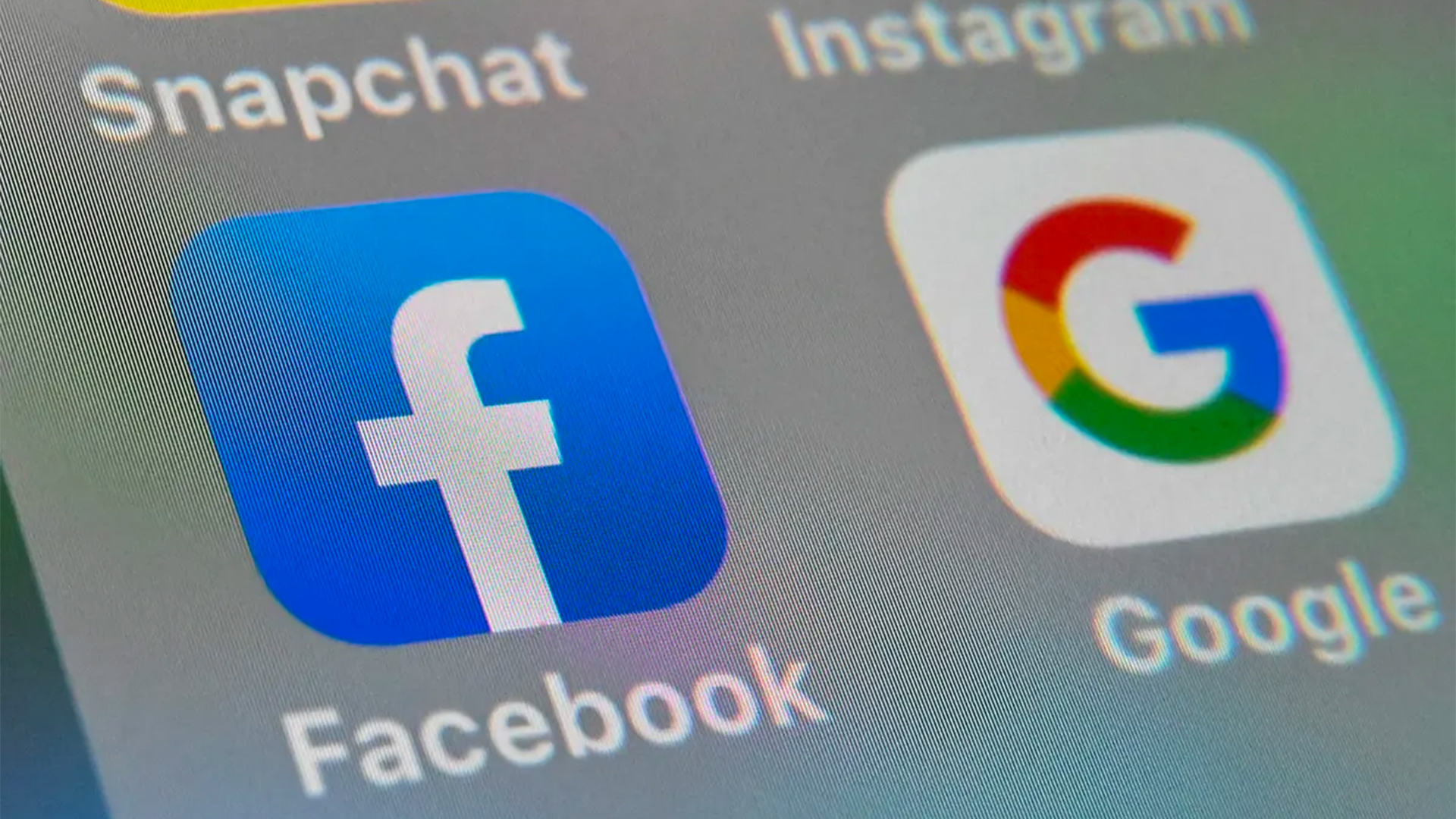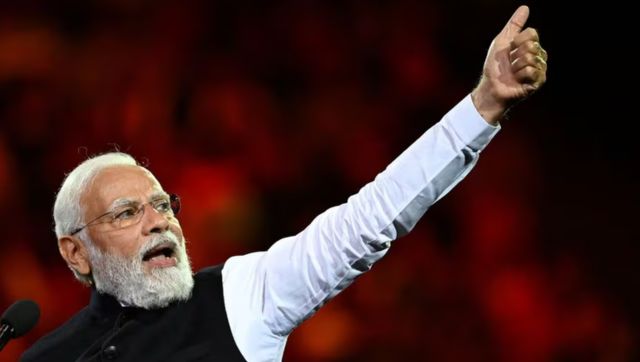Facebook’s annual developer conference – F8 – is scheduled to take place over two days on 18 and 19 April. The F8 conference will take place at the McEnery Convention Centre at San Jose. F8 conference is where major product facing announcements are made, and looks like this year is going to go beyond just Facebook. Here’s a look at some of the features that may be announced.
Building Offline Experiences for Instagram
Instagram is one of the marquee Facebook products. Boasting of over 600mn users, Instagram is the go to platform for photo sharing. Offlate it has shamelessly onboarded features from Snapchat, specially Stories. While the feature may be copied, Instagram number boasts of around 200 million daily active users for its Instagram Stories feature. A number that is higher than Snapchat’s daily active user count of around 158mn.
Facebook wants to ensure that the Instagram juggernaut continues. Having launched its ‘Lite’ versions for the Facebook and Messenger apps, and tasted success with that, it looks like Facebook wants to replicate the model for Instagram as well. According to Mashable, one of the sessions will be concentrating on building offline experiences for Instagram. Here is the session description:
Instagram’s mission is to help people connect through shared experiences. 80 percent of the community is outside of the US, and as our platform grows, Instagram must perform across an increasing variety of devices and networks to keep people connected. For people in low-bandwidth regions, we’ve begun testing offline experiences that keep the Instagram experience consistent and let people consume and engage with content, even if they don’t have service. In this talk we’ll introduce some of our initial explorations into offline features, and share learnings you can apply to your own apps.
So get ready for Instagram Lite.
Introduction to the Camera Effects Platform
One of the major features of the camera is Effects. With Facebook going all in on aping Snapchat and adding AR filters, stickers, frames and so on, this feature just makes sense. Considering Facebook has a userbase of 2bn, it is not really possible for engineers or designers sitting in California to decide all the possible camera effects. So Facebook will most likely be opening up its Camera Effects platform to developers, which will let anyone design and submit a custom overlaid graphic Profile Photo Frame . The whole idea behind this initiative is to let developers add not just static frames, but make use of the AR capability and add reactive AR effects to these filters as well.
According to Techcrunch , this is how the description for this session reads:
Get Creative With Camera Effects Platform: Camera-first experiences are a great way to keep people engaged. Come learn more about our Camera Effects Platform, a tool you can use to develop and submit frames that can be used by other people with photos and videos they capture and share on Facebook.
Explore the Power of Places Graph
Here’s the description of this session:
Power your app with the Places Graph. We’re providing free access to the same place data that powers Facebook, Instagram, and Messenger. Learn how to use data about 140M+ places around the world to create location aware app experiences.
It looks like Facebook wants to move beyond just Places API which was launched in 2010, and leverage the fact that local businesses are ramping up their mobile usage. This provides ample opportunity for enabling hyper-local content or deals.
Virtual Reality
Facebook is betting big on Virtual Reality, a fact that was made evident after it bought Oculus Rift, announced VR focussed features , and more recently hired former Xiaomi VP Hugo Barra to head its Virtual Reality division . According to Variety, Facebook will most likely announce a new standalone VR headset . According to the F8 conference schedule, there are around eight talks around VR. Variety says that the Oculus team is working on a new headset, code-named Monterey. Oculus Rift uses names of beach towns around its headquarters as code-names for its headsets.
Since it is a standalone VR headset, it will not require to be tethered to a computer or need a phone to render the VR experiences. It is also expected to feature inside-out tracking, which will let it locate a user using onboard sensors.
The Facebook F8 conference is scheduled to be held from 18 April onwards at 8 AM Pacific Time which will be 8.30 PM IST.


)




)
)
)
)
)
)
)
)